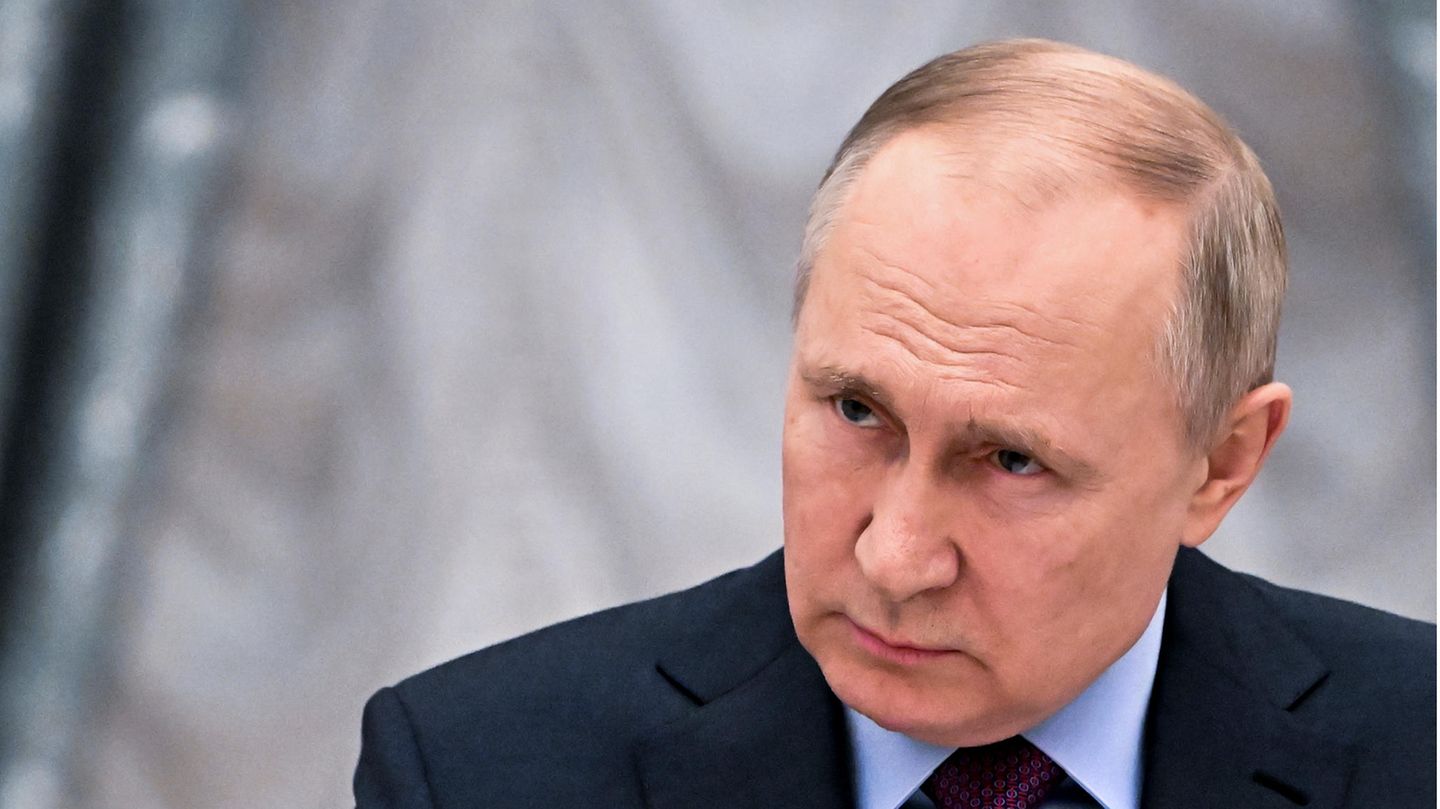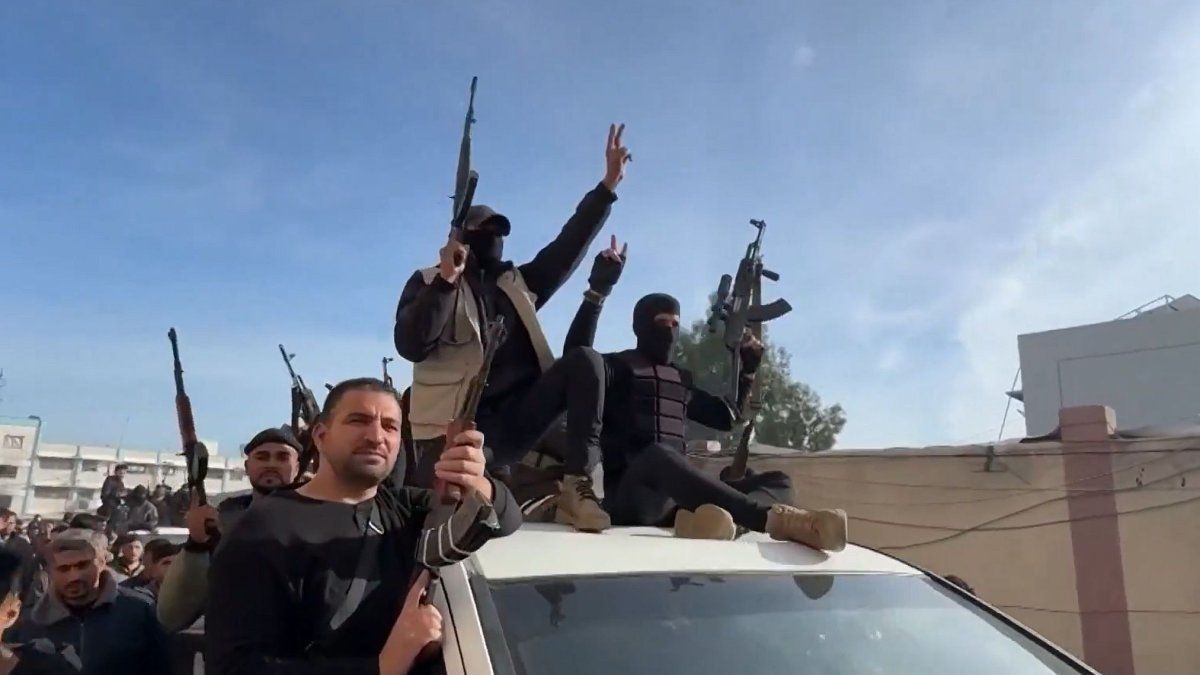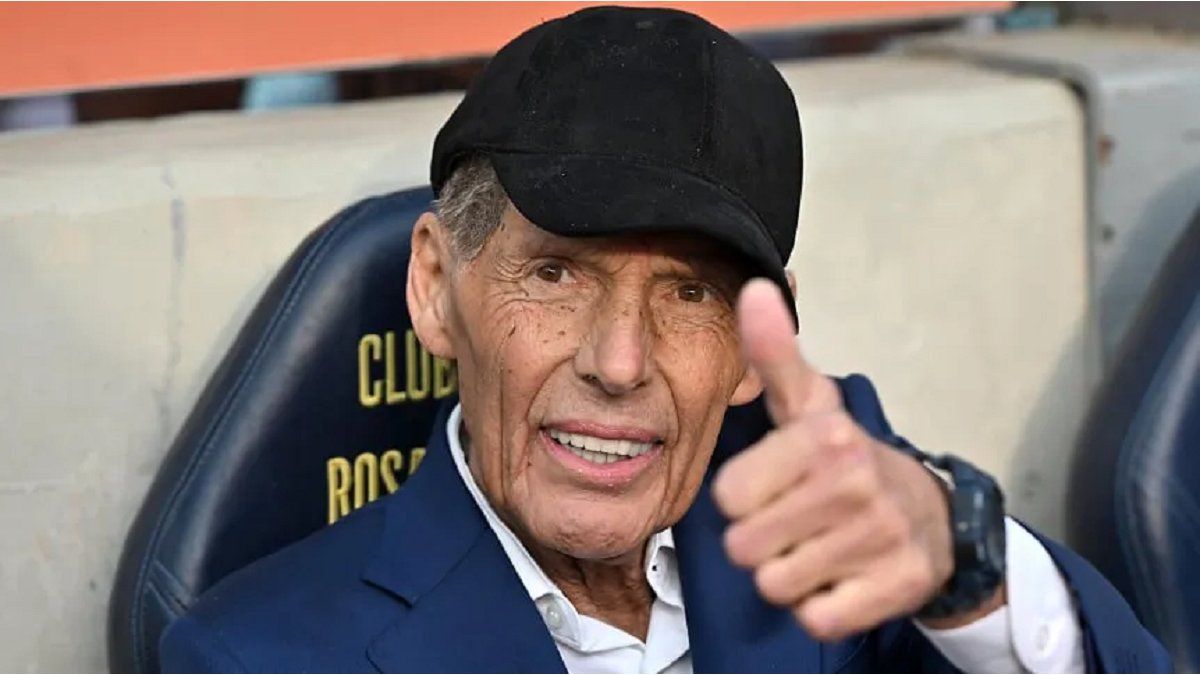Russia is economically and politically isolated, yet President Putin is undeterred. The call for tougher sanctions is getting louder. The possibilities have not yet been exhausted – but they are not without risks either.
Can Vladimir Putin be diverted from his course? Twelve days after the start of Russia’s war of aggression in Ukraine, there are no signs of relaxation. Although the Russian economy is already groaning under the harsh sanctions imposed by the West, Russia is becoming increasingly isolated politically.
“The aggressor’s audacity is a clear signal to the West that the sanctions imposed on Russia are not enough,” Volodymyr Zelenskyy said in a video message. The Ukrainian President called for sanctions against Russia to be expanded. A further tightening of the measures is also being discussed.
For as clearly as the goal of Western financial actions is defined – to severely weaken Putin’s war chest and his popular support in order to force an end to the attacks – it also remains unclear whether the measures will actually result in a change of course in the Kremlin.
Most recently, Russia’s president continued to turn the spiral of escalation. He didn’t react with similar countermeasures, but with security-political threatening gestures, for example by letting them go. Last but not least, he allowed the attacks on Ukraine to continue.
A Diplomatic Solution. Federal Foreign Minister Annalena Baerbock (Bündnis 90/Die Grünen) apparently lacks the imagination to do so in the .
So how can pressure be exerted on Russia?
The financial sanctions taken so far are already having an effect. The ruble is rapidly falling, the inflation rate is exploding and the stock market is closed for the time being. But money is still flowing, especially for raw materials. The possibilities for further measures have not yet been exhausted.
The question of price
Sanctions against other oligarchs and people from Putin’s closest circle are being discussed, as well as the expansion and adjustment of existing sanctions.
“This is not the end. We are preparing further steps,” announced EU Commission President Ursula von der Leyen on Monday. “The next step is that we will fill loopholes to have maximum impact, to end circumvention opportunities.”
For example, timely measures on cryptocurrencies are expected. Recently, the price of Bitcoin and other digital currencies had risen sharply. Possibly a consequence of the attempt to avoid the depreciation of the Russian currency in this way.
However, the Russian economy could be hit much more severely if the economic sanctions were tightened, in particular if further banks were excluded from the Swift payment system and the refraining from importing raw materials. Both carry risks.
Among other things, the EU excluded seven Russian banks from the Swift international payments system, including the country’s second-largest bank, VTB, and Rossiya Bank. Sberbank, Russia’s largest bank, and Gazprombank, owned by the state gas company of the same name, are exempt from the sanctions: both banks are closely linked to the oil and gas sector. The concern: sanctions could have negative effects on the energy supply of the EU.
“As a next step, the remaining major Russian banks and certain economic sectors should be specifically decoupled from the Swift system,” demanded Manfred Weber, chairman of the conservative EPP group, in the . In addition, the federal government must “immediately restrict the purchase of fossil fuels from Russia”. Weber described it as “absurd” that Putin could continue “to fill his war chest through higher demand and higher prices” despite the sanctions imposed. Also CDU foreign politician Norbert Röttgen.
“The next step would be an embargo for Russian gas, oil and metals,” agrees political scientist and Russia expert Gerhard Mangott from the University of Innsbruck star. “A general trade embargo would also be possible.” The only question is: What is the aim of the sanctions? “Do you want to persuade Putin to change his stance on the Ukraine issue – or punish him for his actions and change living conditions in Russia in such a way that a larger process emerges and possibly initiate a regime change?”
The question of the costs and benefits of a possible embargo also arises for the western alliance.
For some time now, Ukraine has been calling on the West to stop importing raw materials from Russia. Russian oil and gas “smells of Ukrainian blood,” Ukrainian Foreign Minister Dmytro Kuleba told CNN on Sunday. On Sunday, the US confirmed that it is discussing a ban with the EU. There are “very active discussions” on the subject, US Secretary of State Antony Blinken told US broadcaster CNN on Sunday.
However, the federal government has again rejected such demands. Federal Finance Minister Christian Lindner (FDP) spoke out against an embargo on raw material imports from Russia on Sunday: “If we do without gas, oil and coal deliveries from Russia, this means that prices in Western Europe and in the world will rise dramatically due to the expected scarcity,” he said. Oil and fuel prices are already down.
Lindner also doubted the effectiveness of an embargo on the war: “If an embargo on gas, oil and coal would change anything about the concrete situation in Ukraine today, then I would be in favor of an embargo.” But that is not the case. Foreign Minister Annalena Baerbock (Greens) had previously made similar statements on ZDF.
What about Belarus and China?
The political scope, on the other hand, appears manageable. “Politically, the western states have already done everything that lies below the threshold of breaking off diplomatic relations,” says political scientist Mangott. A complete demolition is still possible, but would make little sense apart from a “radical symbolic gesture”. “Russia is already diplomatically isolated, Putin is a leper on the world political stage.” Nevertheless, no change in the behavior of the Russian President can be observed.
Western considerations are therefore also focusing on Belarus, which, as EU Commission President von der Leyen justified. Putin and Belarusian ruler Alexander Lukashenko are close allies. Russian troops had also invaded Ukraine via Belarus.
With the measures, the EU wants, among other things, to prevent Moscow from undermining the economic sanctions via Minsk. With new sanctions against Belarus, the USA is aiming to prevent “goods, technologies and software” from reaching Russia via Belarus.
However, the chances of further sanctions against Belarus are questionable, says political scientist Mangott. “Belarus is heavily dependent on Russia politically, economically and militarily. Sanctions against Belarus would worsen living conditions there,” he says. In view of Russia’s increasing financial weakness, aid from Moscow would “at least thin out or even come to an end”. That could lead to new pressure on the Belarusian ruler Lukashenko – who, however, does not shy away from securing his power with repressive measures against the population.
And China? To the end, the West seemed to be hoping that Beijing could use its influence to mediate with Russia. “The country, which has close economic ties to Russia and Ukraine, defines territorial integrity and political independence as fundamental guidelines,” explains political scientist Mangott. “Argumentally, China is therefore on the defensive and avoiding a clear condemnation of Russia’s violation of its principles.” A balancing act.
However, pressure on China would only accelerate the merger with Russia, the expert believes. The opposite is required: “The West should ask China to do everything in its power to influence the Russian leadership.” In recent years, China has felt that an “increasingly western front” is forming in many areas. Beijing should therefore not be inclined to mediate if the West takes a confrontational stance.
However, the scenario seems increasingly unlikely: China’s Foreign Minister Wang Yi offered mediation in the Ukraine war on Monday, but at the same time emphasized his country’s “rock-solid friendship” with Russia. “No matter how treacherous the international storm, China and Russia will maintain their strategic resolve and advance the comprehensive cooperative partnership in the new era,” Wang Yi said when asked about the international sanctions against Russia.
“It still says: could”
Apparently, the war in Ukraine didn’t go the way Moscow had imagined. The Russian troops meet more resistance than expected. Several countries are sending weapons and money to Ukraine. According to Defense Minister Christine Lambrecht (SPD), the federal government is also examining further deliveries. “Militarily, the West is doing what it can just about justify,” says political scientist Mangott.
Recently, however, reports had caused a stir that the United States wanted to persuade Poland to equip Ukraine with fighter jets. “Poland will not send its fighter jets to Ukraine”, . Russia also reacted – and warned of serious consequences.
“If Eastern European countries like Poland should start supplying their own combat aircraft, the military support could go too far,” says the expert. The escalation could then reach a threshold that widens the war.
Russia has already indicated that such plans could be counted as participation in the hostilities. “It’s still said: could. But there is explosive potential here,” says Mangott. “The West needs to decide how far it wants to go.”
Source: Stern
David William is a talented author who has made a name for himself in the world of writing. He is a professional author who writes on a wide range of topics, from general interest to opinion news. David is currently working as a writer at 24 hours worlds where he brings his unique perspective and in-depth research to his articles, making them both informative and engaging.




